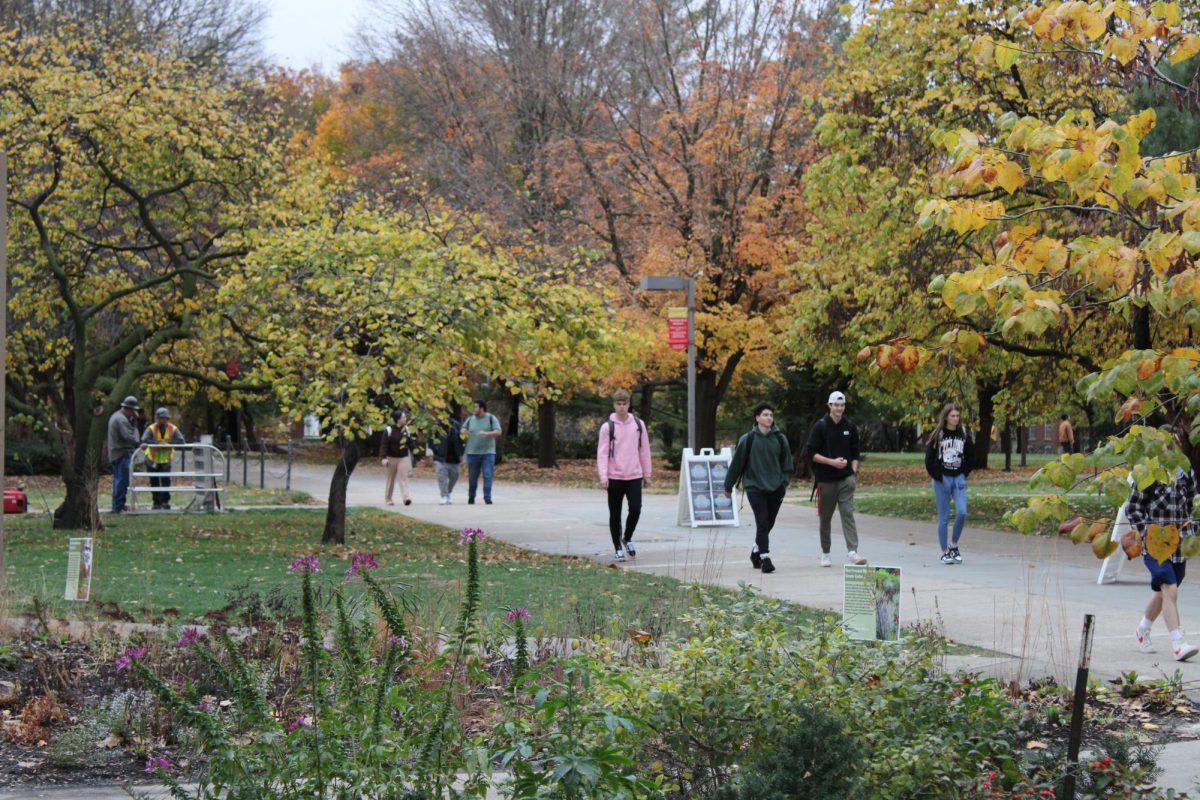Editorial: Continual politics essential in all government institutions, including GSB
September 12, 2012
At this time last week, we suggested that the senate of Iowa State’s student government had done nothing in the first weeks of the school year, when each senator had all summer long to come up with something, and ought to be jumping at the chance to make some meaningful changes on campus that affect students.
For years — decades, perhaps — members of the Government of the Student Body have wanted to improve the student experience. That goal, and all actions GSB pledges to take to accomplish it, is documented within the archived pages of the Daily. But the repetition of each year’s goals, every year over and over, is proof enough that the wish goes unfulfilled. Indeed, one GSB campaign speech from one year is essentially the same as the previous and following years’.
GSB might be a hyperlocal entity, exercising the most limited jurisdiction over the most limited area, but it is like any elected body: Rather than being the government, its members are drawn from it, the people. The constituency (at Iowa State, all 31,040 members of the student body) is the government, and the people elected (the 39 senators of GSB) are its representatives.
GSB itself acknowledges that fact. Immediately after the fall of the gavel that opens GSB senate meetings, at 7 p.m. every Wednesday in the Campanile Room of the Memorial Union, the vice president reads a notice, saying:
“All students are members and participants in the Government of the Student Body and as such are encouraged to take part in discussion of senate bills and orders or issues affecting students.”
Last Wednesday, one student took time after reading the Daily’s editorial that day to investigate GSB and speak at the senate meeting. After finding GSB’s website in disrepair, he read passages from the editorial and offered his own opinion: If the senate is going to make student interaction a priority, it needs to fix such basic problems. The student also noted, however, that “when it gets down to it, you’re all members; and to maintain the stability of this institution, you all need to do your part.”
Politics is the activity of government, however small and local that government be. Politics anywhere cannot be set in motion and left to take care of itself but, like a field of crops, must be carefully planted by the farmer, watched and cultivated to bear any fruit. Politics too requires upkeep and continual maintenance.
The same way that the senators cannot be political by debating and passing a single bill, we students cannot exercise our watchdog role unless we participate in meetings, ask questions and give feedback. Politics is done by all members of government — from the least inexperienced voter to the great incumbent politico who represents him.
And to survive, politics needs to be done often.






